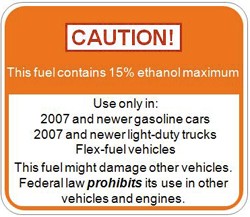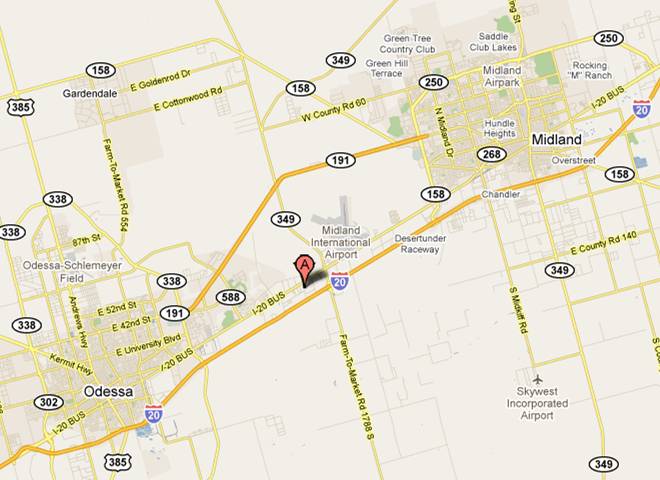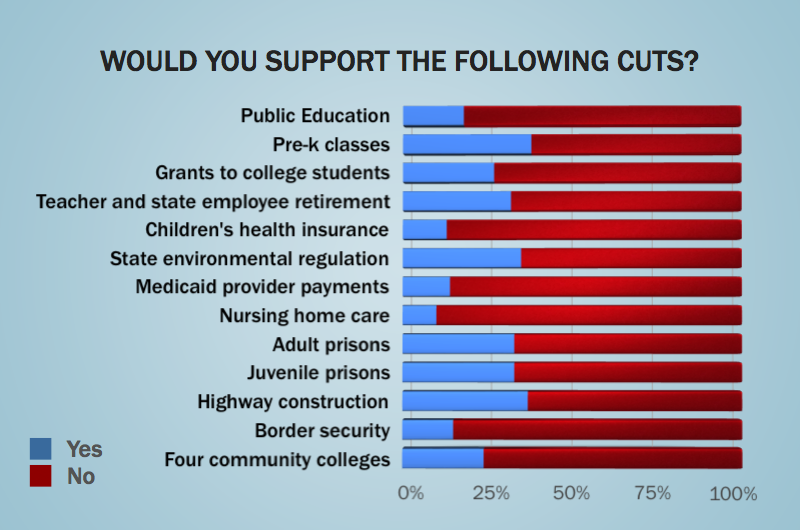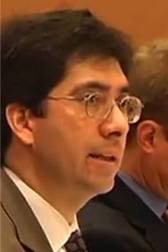HB 2694, the sunset bill for the Texas Commission on Environmental Quality (TCEQ) will be heard on the house floor tomorrow and several dozen amendments have be prefiled. Of concern to any of you who have opposed a permit being granted is Representative Warren Chisum’s (R-Pampa) proposed floor amendment to HB 2694 which would completely undercut the Contested Case Hearing rules for TCEQ.
This session Rep. Chisum introduced House Bill 3037 to try to give polluters advantages in the contested case process, including placing the ‘burden of proof’ on the persons contesting a pollution control permit to prove that the permit should not be issued.
Currently the burden of proof is where it should be – on polluters to demonstrate that their discharges into the water or emissions into the air will be within legal limits and not produce adverse impacts. Our air and our water are shared resources. If a person or a company wants to introduce pollutants into our air and water, than they need to prove that it will not be harmful – the burden should not be on those potentially affected by the pollution.
House Bill 3037 received a hearing in the House Environmental Regulation Committee a couple of weeks ago, and it received overwhelming bipartisan opposition from citizens around Texas – from El Paso to Central Texas to Conroe and many other areas – and from local governments enforcing pollution control laws. The only supporters of the bill were those industries who want to eliminate any meaningful opposition to the pollution control permits they seek. The Committee has not acted on the bill, so Rep. Chisum has taken the HB 3037 language and fashioned it into a proposed amendment to House Bill 2694, the legislation that will continue the Texas Commission on Environmental Quality (TCEQ), set for House floor debate tomorrow.
Most of the “affected persons” that participate in contested case hearings are rural farmers and ranchers or families wanting to
protect their quality of life. They don’t have the resources to “prove” a permit should not be issued. Most cannot even afford legal representation for the contested case hearing — much less water quality studies or air pollution modeling necessary to prove potential pollution impacts.
Citizens merely want proof that the additional pollution will not harm their children, livestock and property. Citizens that ask the probing questions that often times reveal problems or even novel solutions that improve the overall outcome.
Also, contested case hearings often bring to light problems with the proposed permit that TCEQ never considered. For example, independent State Office of Administrative Hearings Law Judges have decided based on contested case hearing evidence cross-examination of application witnesses that more stringent permit conditions are required to protect the public.
And, Rep. Chisum’s amendment goes even further in undermining meaningful public participation. Proposed Sec. 5.316 would actually
violate the federal Clean Air Act, and would jeopardize Texas’ ability to issue federal air permits. Another proposed section would also require the agency to spend more of our limited tax dollars on defending the issuance of a private company’s profit making permit (i.e., the provision regarding executive director’s participation in the contested case hearing). That is simply absurd in this economy and state budget constraints!
You can make a difference, call your State Representative and tell them to vote AGAINST Warren Chisum’s proposed floor amendment to HB 2694. A simple phone call makes a HUGE difference. If you don’t know who your representative is, go to http://www.house.state.tx.us/members/find-your-representative/















